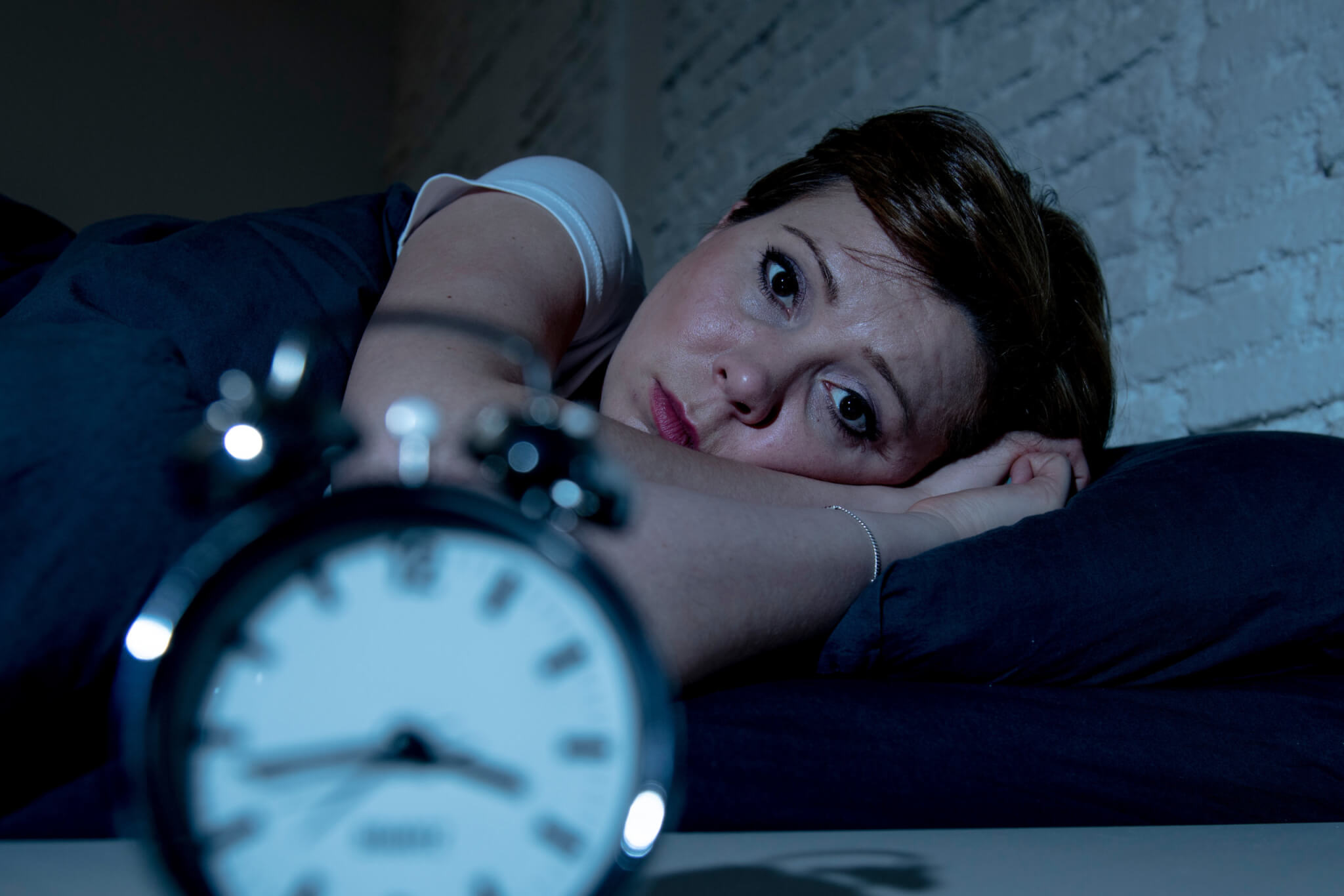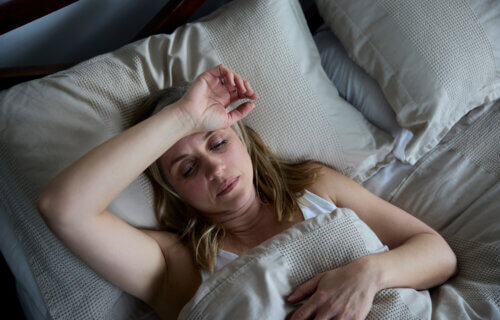HANOI, Vietnam — Recovering from a bout of COVID-19 can be a different experience for every patient. Some people are able to bounce back relatively quickly, while others continue to wrestle with lingering symptoms months and even years after the initial infection subsides. Now, a troubling survey of people diagnosed with COVID-19 but never hospitalized reports a staggering 76 percent went on to develop insomnia. Moreover, people with anxiety or depression appear more likely to develop post-COVID sleep issues.
Although studies have established that insomnia is quite common among hospitalized COVID-19 patients, Dr. Huong T. X. Hoang of Phenikaa University and a team of scientists set out to investigate if mild infections may also impact sleep quality.
“As a sleep researcher, I received many questions and complaints from relatives, friends, and colleagues about their sleep disturbances after recovering from COVID-19,” says Dr. Hoang, lead author of the study, in a media release. “I found that the majority of papers focused on hospitalized patients. The environment of their treatment and quarantine would differ greatly from those with milder symptoms.”
Thanks to Vietnam’s official network of COVID-19 survivors, study authors recruited 1,056 adults (18+) diagnosed with COVID-19 but not hospitalized over the prior six months. All participants also reported no history of either insomnia or psychiatric conditions. A survey was sent out to everyone between June and September 2022.
That survey asked about sociodemographic characteristics, including age, sex, and chronic health conditions, as well as the duration and severity of each patient’s COVID infection. The poll also asked about symptoms related to anxiety, stress, and depression. In order to investigate insomnia specifically, researchers asked participants to compare how well they slept, how long they slept, and how easy it was to fall asleep over the prior two weeks in comparison to before contracting COVID-19.
That approach led to the revelation that 76.1 percent of participants reported experiencing insomnia. A significant portion of those people (22.8%) said their insomnia was severe. Half, meanwhile, said they now wake up more often during the night, and a third added they find it harder to fall asleep now, sleep worse in general, and sleep for shorter periods.
Notably, the severity of a person’s initial COVID-19 infection does not appear to correlate with the severity of insomnia experienced. While asymptomatic COVID-19 patients scored lower on the insomnia index, researchers say the difference was not statistically significant.
💡7 Common Symptoms Of Long COVID:
- Rapid heartbeat
- Hair loss
- Chest pain
- Fatigue
- Joint pain
- Shortness of breath
- Obesity

“If you experience insomnia after COVID-19, don’t think that is normal,” Dr. Hoang adds. “If insomnia does not bother you much, you can take some simple actions, such as: taking a warm shower before bedtime, shutting your phone down at least one hour before going to bed, doing 30 minutes of exercise per day, and avoiding caffeine after 4pm. In case insomnia really troubles you, you can try some over-the-counter sleep aids. If they don’t help, go to see a sleep therapist.”
Importantly, two cohorts of participants did show statistically significant higher rates of insomnia; those with a pre-existing chronic condition, and people who scored high for depressive or anxious symptoms. Both of those cohorts developed insomnia at a higher rate than others. When the study authors analyzed people reporting insomnia, their depression and anxiety scores were higher than the average scores of the entire sample.
It’s key to note, however, that these illnesses are not completely independent of each other. Insomnia can worsen mental and physical health, but can also serve as the catalyst for poorer mental and physical health.
The research team points out that insomnia rates among patients are not only significantly higher than rates seen among the general population but also higher than rates reported for hospitalized COVID-19 patients. They speculate this may be because this project focused on recently recovered patients – a cohort more likely to have lingering symptoms. Patients who have recently recovered may also be more likely to feel stressed and be especially sensitive to changes in their physical health.
All in all, the study authors stress a holistic approach is necessary to tackle the totality of factors contributing to skyrocketing rates of insomnia. Further research is urgently needed regarding the relationship between COVID-19, mental health problems, and insomnia.
“Since this is a cross-sectional study, the relationship of anxiety and depression with insomnia cannot be fully investigated,” Dr. Hoang concludes. “In addition, collecting data online and a convenience sampling method can cause recall bias and selection bias. However, due to the situation in Vietnam at that time, collecting data via electronic invitation and convenience sampling was the most efficient and feasible strategy.”
The study is published in the journal Frontiers in Public Health.

Yep, I’m a statistic. I had a tough bout of covid in Jan. 2023, developed insomnia shortly after, and still dealing with it over a year later. I’m a 42 year old woman, otherwise healthy.
Had a real bad bout of covid in 2020, had a long recovery, and had insomnia.
I didn’t develop insomnia after covid, but my husband did. He had covid pretty bad.